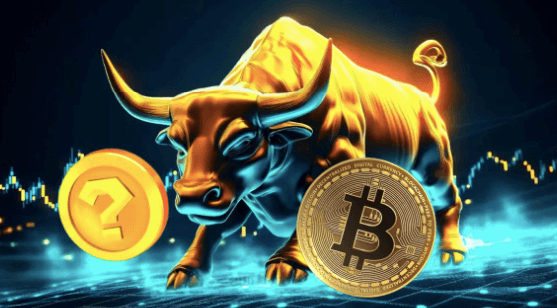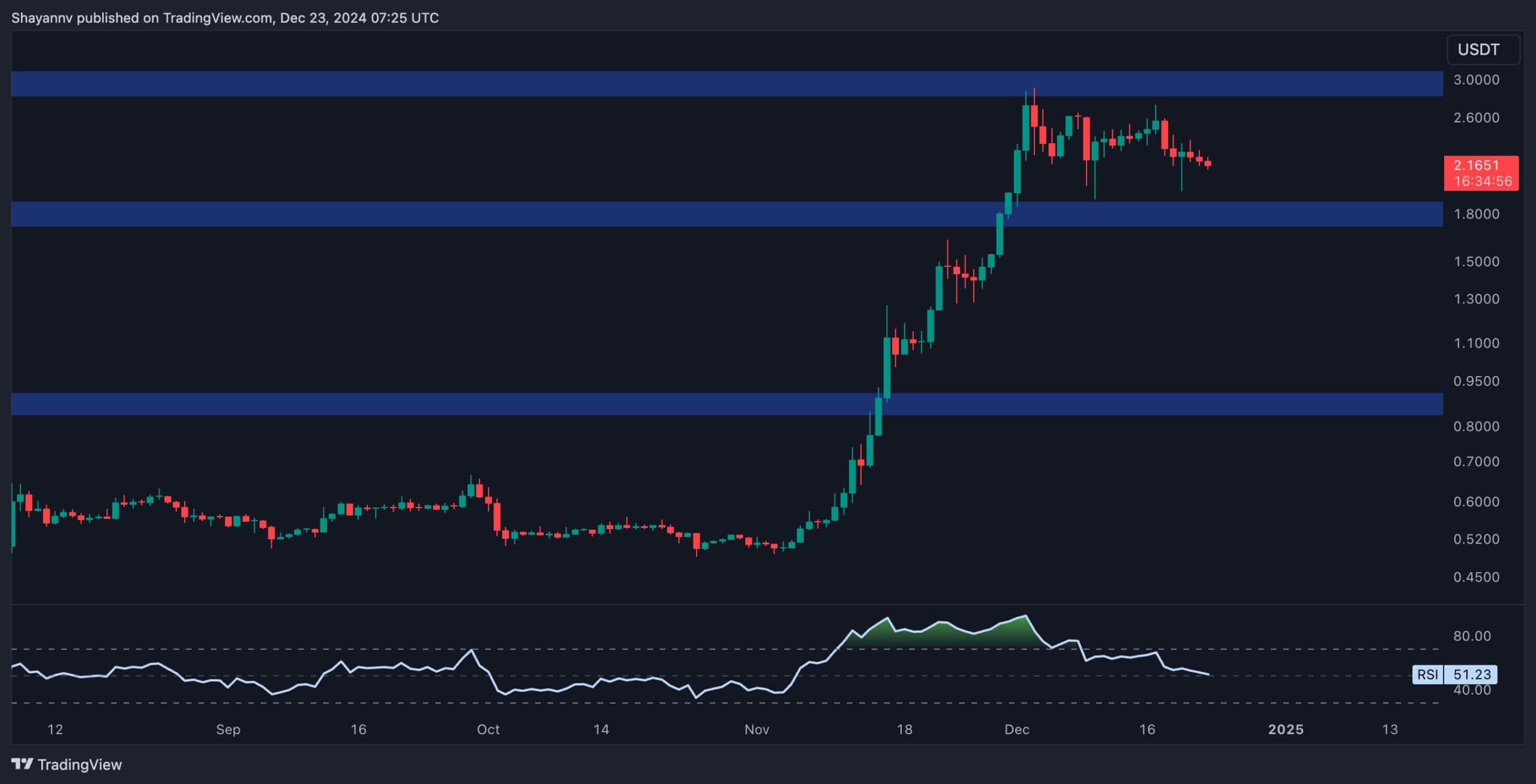As someone who's been following the world of decentralised exchanges, I've witnessed an exciting evolution in how we trade digital assets. The shift from centralised platforms to decentralised exchanges (DEXs) has been nothing short of revolutionary. It's fascinating to see how DEXs are empowering users with greater control and privacy over their transactions.
The rise of decentralised exchanges marks a pivotal moment in the cryptocurrency landscape. With innovations like automated market makers and liquidity pools, DEXs are transforming the way we think about trading. These platforms offer a level of transparency and security that's increasingly appealing to both new and seasoned traders.
As I delve deeper into the emerging trends of decentralised exchanges, it's clear that they're more than just a passing fad. They're reshaping the future of finance, offering a glimpse into a world where financial freedom and autonomy take centre stage.
Key Takeaways
• Evolution in Trading: Decentralised exchanges (DEXs) have revolutionisedhow digital assets are traded, offering users more control, privacy, and autonomy compared to centralised platforms. • Increased Security: Innovations such as zero-knowledge proofs have enhanced transaction confidentiality on DEXs, providing robust security measures that bolster user trust and attract privacy-focused traders. • Technological Advancements: The integration of features like real-time data analytics, automated strategies, and interoperability across blockchains haveimproved the functionality and user experience of DEXs. • Financial Empowerment: DEXs support financial freedom by enabling direct ownership of assets and eliminating intermediaries, which fosters an inclusive financial ecosystem. • Navigating Challenges: DEXs face challenges such as regulatory compliance and scalability but continue to innovate to overcome these hurdles and broaden user adoption. • Market Impact: DEXs influence traditional financial systems and are shaping the future of cryptocurrency trading by emphasising decentralisation, transparency, and user-centric approaches.
Exploring The Rise Of Decentralized Exchange Trends
Growth and Adoption
I've watched DEXs like Uniswap gain traction rapidly. More people are attracted to their control over trades. Platforms like SushiSwap are key players. Their increasing market share is remarkable. Users flock for enhanced control and privacy compared to traditional exchanges.
Security Enhancements
I find the security improvements in DEXs fascinating. The use of zero-knowledge proofs boosts transaction confidentiality. These cryptographic techniques protect sensitive information. It's promising to see privacy-minded individuals embracing decentralized systems. This shift strengthens overall trust.
Technological Advancements
Technological progress in blockchain thrills me. Scalability has improved significantly, allowing more seamless trading experiences. Interoperability features bridge different blockchains. This evolution creates smoother transactions. Enhanced features are set to transform the DeFi space, attracting varied users.
Financial Empowerment
I believe DEXs are reshaping finance. Decentralised exchanges grant users autonomy not seen in traditional systems. Financial freedom doesn't require intermediaries. They promote direct ownership of assets. This empowerment supports a more inclusive financial ecosystem for everyone involved.
Understanding The Benefits Of Decentralized Exchanges
Decentralized exchanges offer compelling advantages for cryptocurrencytraders.
Enhancing User Privacy
I find decentralized exchanges excel in safeguarding user privacy. They facilitate trades directly between users, bypassing intermediaries. This peer-to-peer model limits exposure to personal data, crucial in today's digital age. I appreciate the implementation of zero-knowledge proofs in various DEXs. These advanced cryptographic techniques confirm transactions without revealing details, providing even greater security for users like me who value their data privacy. Privacy-minded traders are increasingly attracted to DEXs, boosting their popularity further
Reducing Transaction Costs
Decentralized exchanges significantly cut trading costs. Unlike centralized exchanges, DEXs don't impose hefty trading or custody fees. I noticed that these cost-saving measures make them much more appealing. They operate on efficiency through smart contracts, and I experienced faster transaction approval times. This efficiency helps save both time and resources, essential for active traders like myself. For budget-conscious users, this cost-effective model provides an excellent alternative to traditional exchanges, enhancing financial autonomy.
Increasing Security And Trust
Security and trust are paramount in decentralized exchanges. I trust DEXs' blockchain-based systems to process transactions securely. Advanced security protocols, like multi-signature wallets, increase protection. As my confidence grows, I see that these measures are reducing the risk of breaches. Decentralized networks distribute risk, preventing single points of failure, making me feel more secure. This transparency and reliability boost trust among users, attracting more to the DEX realm and ushering in a new era of secure trading.
Analysing Key Trends In Decentralized Exchanges
The decentralised exchange ecosystem constantly evolves. Key trends are shaping the future landscape, providing intriguing opportunities.
Growth Of Automated Market Maker Platforms
Automated Market Maker (AMM) platforms drive the growth of decentralisedexchanges. These platforms like Uniswap and SushiSwap have revolutionisedtrading. I've liked how they trade using liquidity pools instead of order books. This reduces slippage significantly. Their integration with blockchain networks enhances efficiency. Users benefit from reduced costs and seamless trading options. Layer 2 solutions offer further optimisations. Watching AMMs reshape market mechanisms fascinates me.
Integration Of Advanced Trading Features
Decentralised exchanges continue to innovate by integrating advanced features. These features enhance user experience and attract new participants. Platforms now offer real-time data analytics and automated strategies, improving decision-making. I find these features crucial for seasoned traders. Smart routing also optimises transaction paths, reducing fees. As an active user, these improvements mean better trade execution. I've witnessed how these features turn competent traders into exceptional ones. Seeing the DEX space advance gives me a deep sense of excitement.
Expansion Of Cross-Chain Trading Solutions
Cross-chain solutions are expanding within decentralised exchanges. These innovations allow trading across different blockchain networks. They're crucial for DEX growth and reach broader audiences. I've found this beneficial for accessing varied assets. External integrators enhance interoperability, simplifying the process. An example is using Polkadot to link different ecosystems. It's reassuring knowing there are many assets now within easy reach. The ease of connecting previously isolated markets feels empowering.
Examining The Challenges Facing Decentralized Exchanges
I've always been fascinated by how decentralised exchanges have transformed trading. Still, they face several hurdles that require innovative solutions.
Navigating Regulatory Frameworks
Navigating regulatory frameworks is tricky for decentralised exchanges (DEXs). Laws change fast. DEXs strive for compliance to gain trust. Regulatory clarity helps them integrate into financial systems. Companies engage with regulators, enhancing legitimacy.
Ensuring Liquidity And User Adoption
Ensuring liquidity is vital for DEX success. I've witnessed the power of liquidity pools in action. Automated market makers like Uniswap drive this, offering passive revenue. User adoption hinges on seamless experiences. The broader the adoption, the stronger the impact of decentralised systems.
Addressing Scalability Issues
Scalability issues challenge DEX growth. I've seen advancements in blockchaintech improving this. New solutions enable smoother transactions. Enhanced scalability attracts more users, elevating efficiency. It's exciting to witness how these innovations shape the future of digital finance.
Reviewing The Impact Of Decentralized Exchange Trends On The Market
Influencing Traditional Financial Systems
DEXs disrupt the traditional finance world. Their rise emphasises privacy and control which appeals to more investors. I see banks noticing this shift as clients demand similar benefits. With DEXs like Uniswap grabbing attention, it's clear financial systems can't ignore them. They've introduced transparency, unlike conventional setups. Regulators now explore how to integrate these exchanges. This could lead to progressive changes in legislation. Witnessing this evolution brings hope for innovation. It might pave the way for systems that favour user autonomy and trust. As I've observed, the demand for seamless, honest exchanges grows, reshaping how we perceive financial interactions.
Shaping The Future Of Cryptocurrency Trading
DEXs redefine trading. With AMMs and liquidity pools, they've isolated slippage concerns. As a trader, it's thrilling to have real-time analytics and smart routing. These features enhance decision-making. Cross-chain solutions now let me access diverse assets. This innovation's thrilling for any crypto enthusiast. Security enhances through zero-knowledge proofs and is vital in protecting sensitive data. It's turned my trading experience to one that's genuinely trusted. DEXs' emergence signifies a shift toward inclusive, user-controlled finance. The ongoing development of these platforms signals a promising financial metamorphosis. For me, it embodies the essence of autonomy and flexibility in trading.
Conclusion
Decentralised exchanges are paving the way for a new era in digital asset trading. As they continue to evolve with cutting-edge innovations and technological advancements, DEXs are not only enhancing user privacy and control but also redefining the financial landscape. The integration of features like liquidity pools and cross-chain solutions positions them as formidable alternatives to traditional financial systems. Challenges remain, particularly in regulatory compliance and scalability, but the momentum behind DEXs is undeniable. As we witness this transformation, it's clear that decentralised exchanges are more than just a passing trend—they're shaping the future of finance with a focus on inclusivity and autonomy.
Disclaimer: This article is provided for informational purposes only. It is not offered or intended to be used as legal, tax, investment, financial, or other advice.










 English (US) ·
English (US) ·